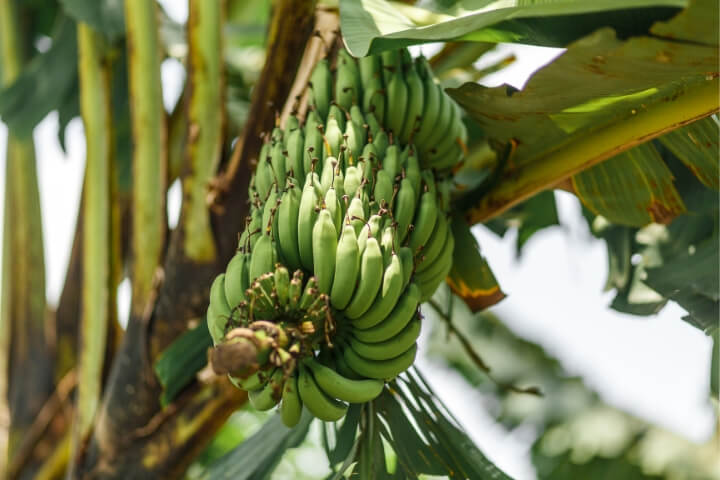Home » What does sustainable and Fairtrade mean on my chocolate and bananas?

Protected: What does sustainable and Fairtrade mean on my chocolate and bananas?
-
In the last few years, Irish shoppers have become more conscious of food labels and how food is produced. But are we really doing any good with our purchases or are the labels marketing ploys?
For over 34 years, Fairtrade has been a growing internationally recognisable standard for fair prices for farmers in producer countries of some of our favourite products, such as bananas (we consume approx. 5 million bananas per week in Ireland)
More than 4 out of 5 of us know something about Fairtrade, but we don’t always buy Fairtrade. Our supermarkets and big brands have moved to support fair trade as have music festivals (Electric Picnic was the first in the world), and 48 towns in Ireland proudly call themselves fair trade towns. By 2013, Ireland ranked 7th in the world for fair trade purchases, with the highest per-person spend of €49 per year on fair trade products.
Fairtrade Ireland supports initiatives such as training, certification and credit schemes, which benefit 150,000 farmers directly, while worldwide, 1.6 million farmers are supported by fair trade prices for their crops.The Fairtrade scheme ensures buyers pay a minimum price for an agreed amount of crops, such as cocoa beans, coffee beans or bananas, regardless of the market price. This price ensures a living wage for the growers, which is estimated at $2.50 per day per household member. On top of to this, a Fairtrade premium is given to the farming community to spend as they see fit (for example this premium is $200 per tonne of cocoa beans).
With this money, communities become renewable and more sustainable, building schools, nurseries, water pumps. They are also able to invest in tools, farming skills, storage and transport to ensure the quality of the crop and most importantly diversifying the crops and ensure in future years the farmers are not so reliant on a single crop. In 2016, this amounted to €158.3 million to invest in business and community projects.
Unfortunately, outside of fair trade which still only accounts for 8% of the cocoa crop in Cote D’Ivoire, farmers are living on less than $1 per day – climate change can be seen in tree death and disease. It is a hard subsistence existence. Especially since the price of cocoa fell by 1/3 since 2016.
Irish consumers have spoken to retailers. They want products to reflect their values and care for the environment, farmers and communities worldwide.
The growth in labels promoting sustainability, environmental and ethical issues is an indicator of how consumers are pressuring companies and highlighting the growing trend toward sustainability worldwide.
Some companies are setting up their own standards rather than use fair trade, as they say it’s more suited to their industry and allows them to set their own targets including sustainability. For example, Unilever, Callebaut, Cocoa Life (Cadbury), and Cocoa Horizons (Callebaut, Butlers) have their own standards and pledges for sustainability. There is perhaps something to be concerned about here as too many different standards might confuse consumers and potentially the benefits to farmers and the environment could be diluted.Sustainability
Sustainability isn’t just about the environment. It encompasses the people and communities and the businesses that make up the Fairtrade product line (of which there are 4500 products in the UK).
Another recognisable label is Rainforest Alliance. Rainforest Alliance looks at food and agriculture, wildlife and the environment while taking account of the human population needs. The goals are to conserve the natural environment, sustain the economic well-being of farms and promote the well-being of farmers, their livestock and their communities.
Other labels promote the organic, including the Organic Trust and Soil Association. These organisations have regulations and audits to certify that the land, animals and farms are maintained to organic standards.
At Airfield Estate’s Restaurant, Overends Kitchen, the coffee served is Fairtrade & Organically certified brand, McCabes Coffee.
As big brand supermarkets, coffee stores and others improve sustainable standards and international labelling standards, it is becoming easier to buy in stores and online.

